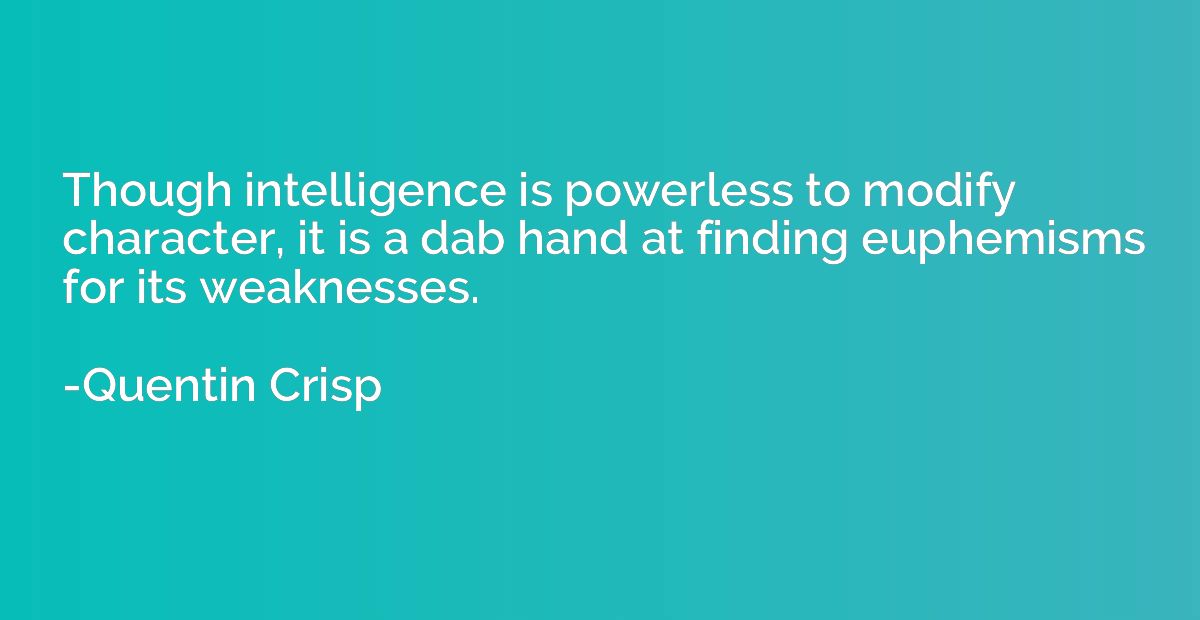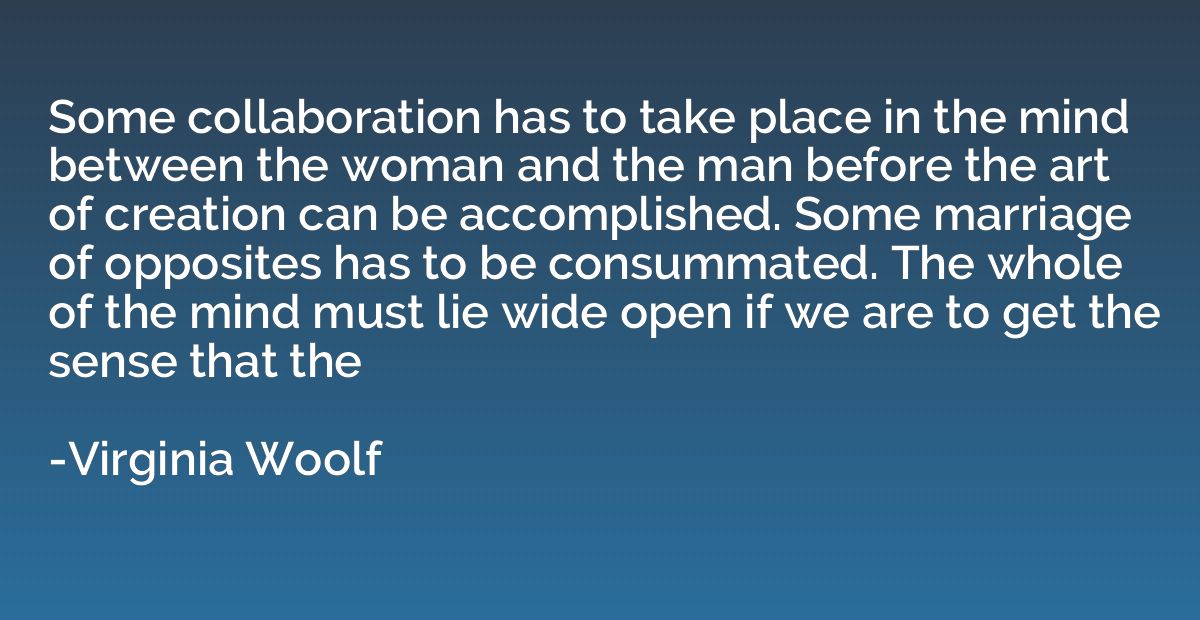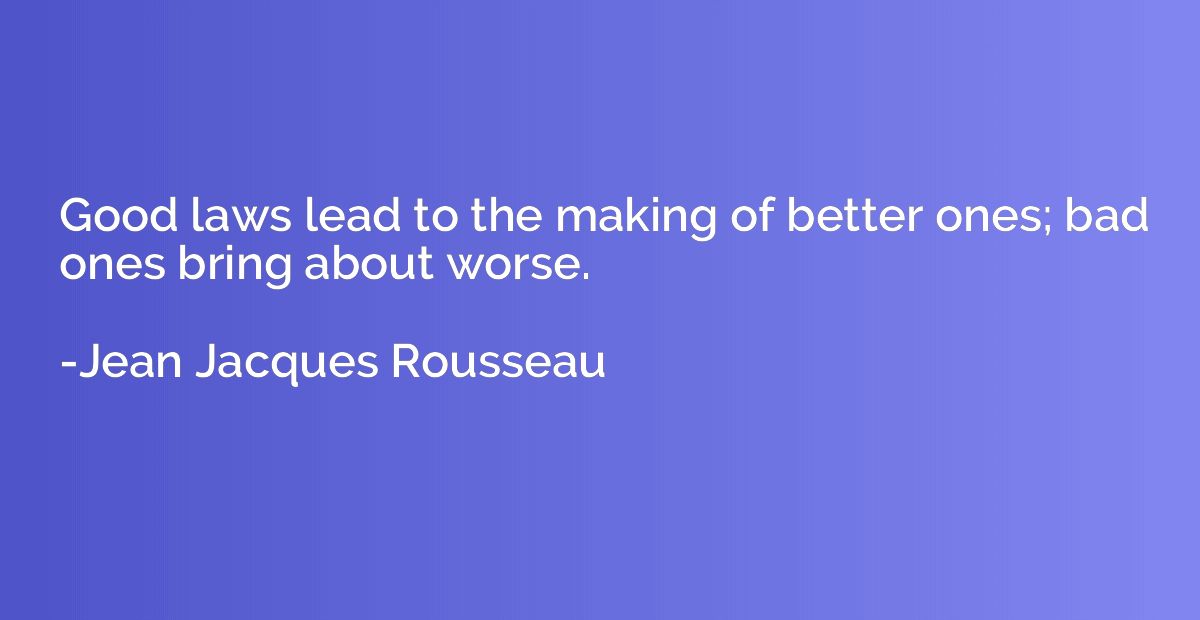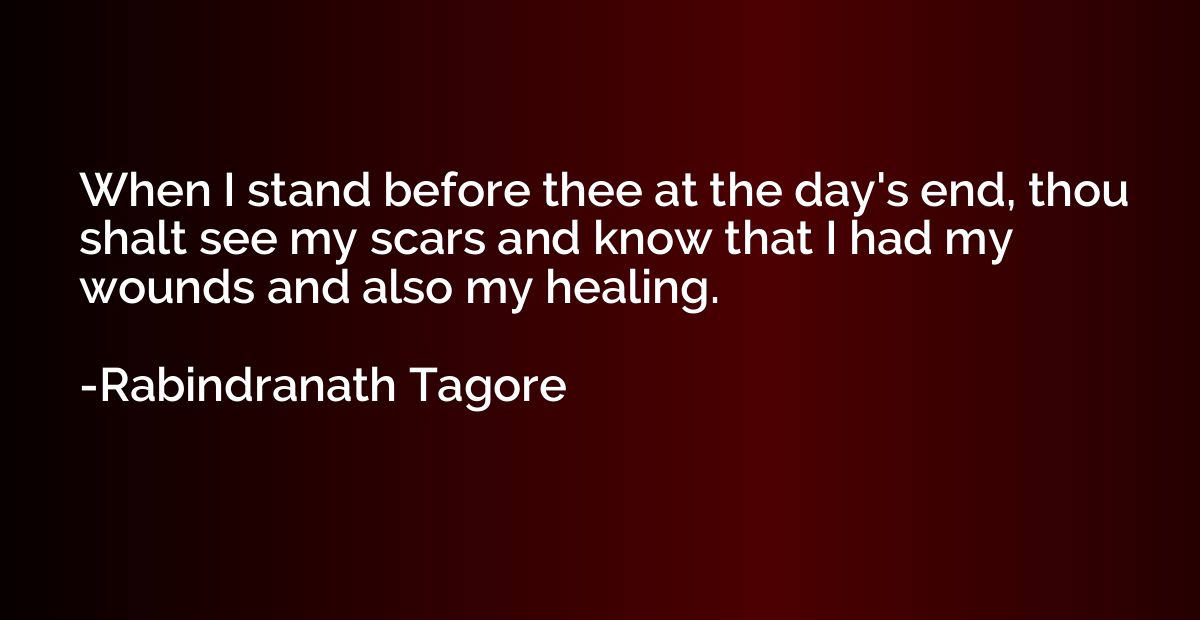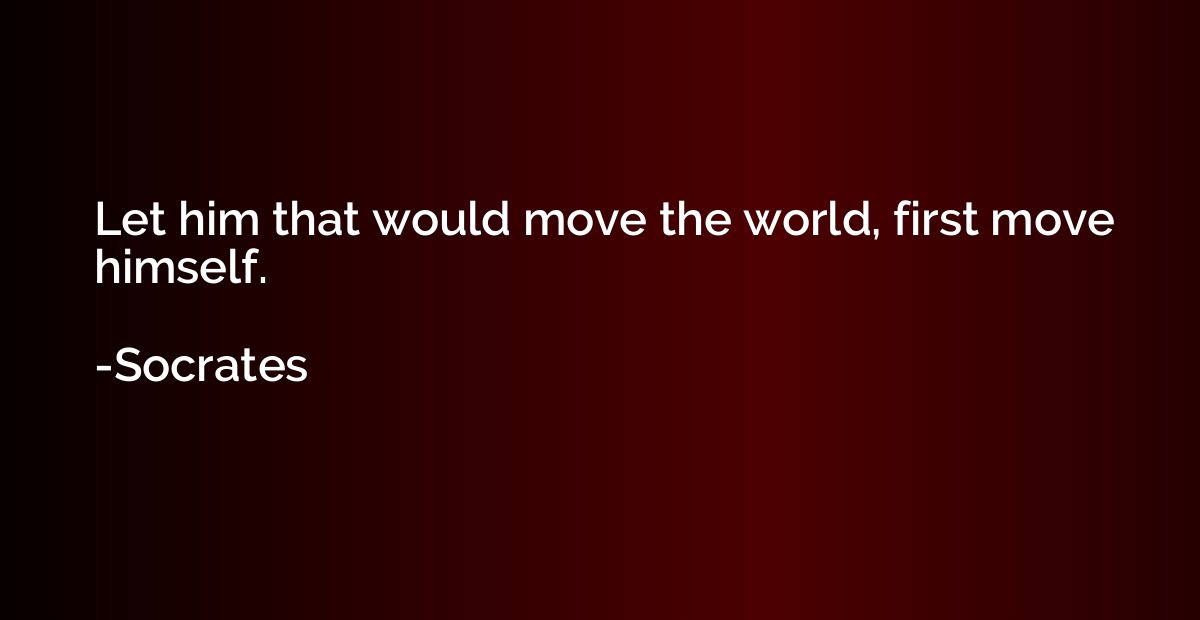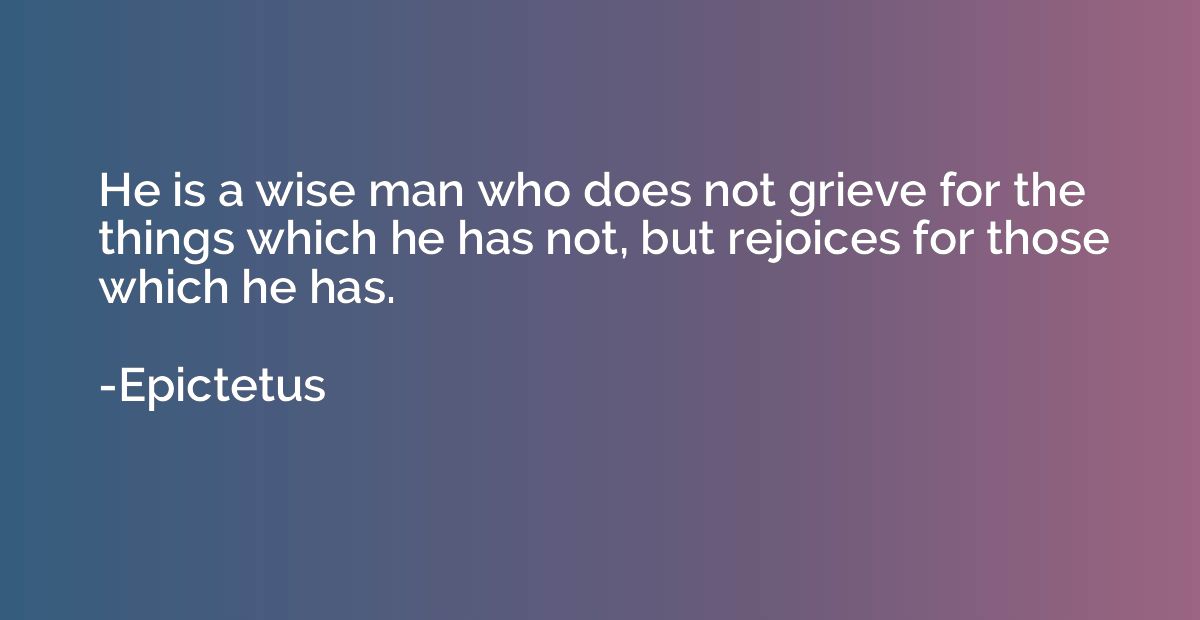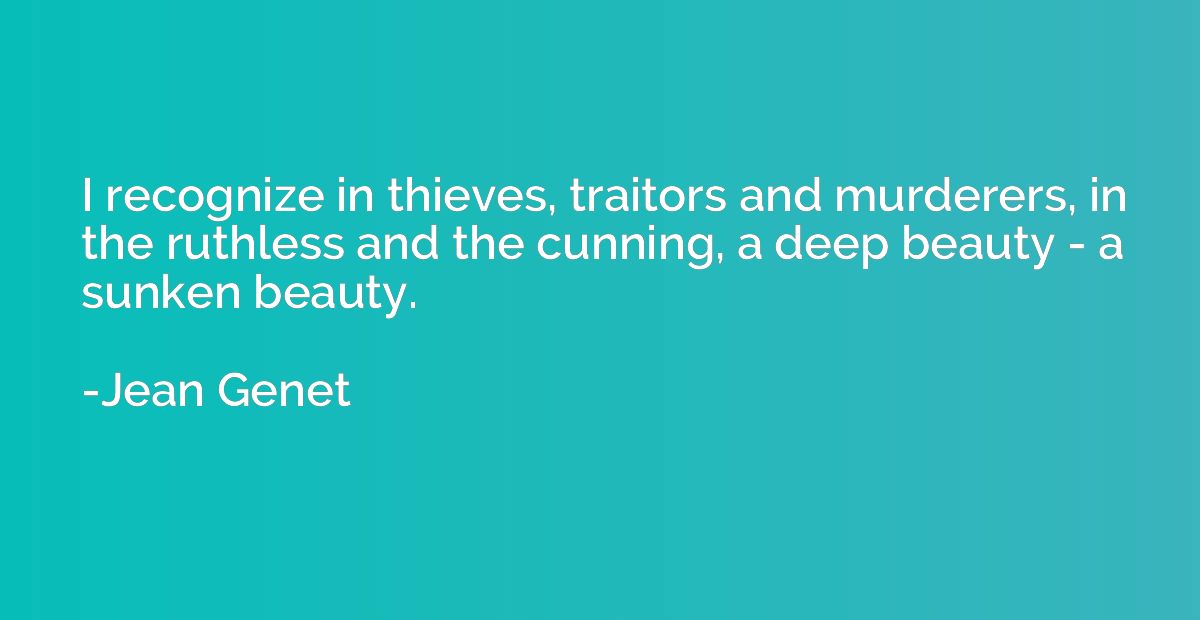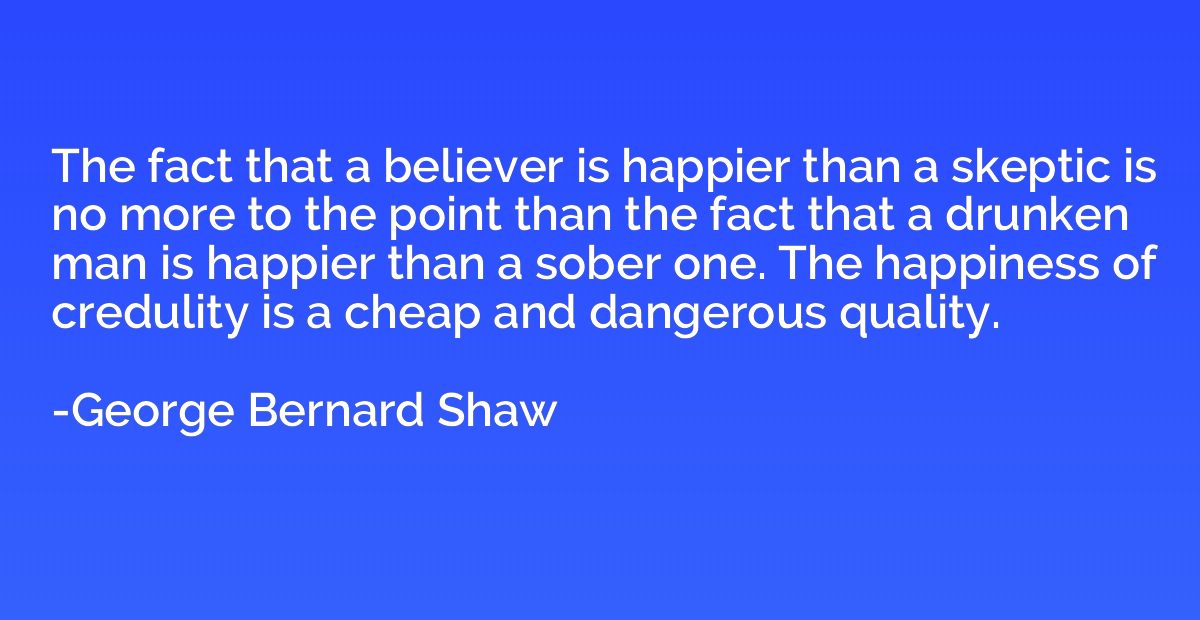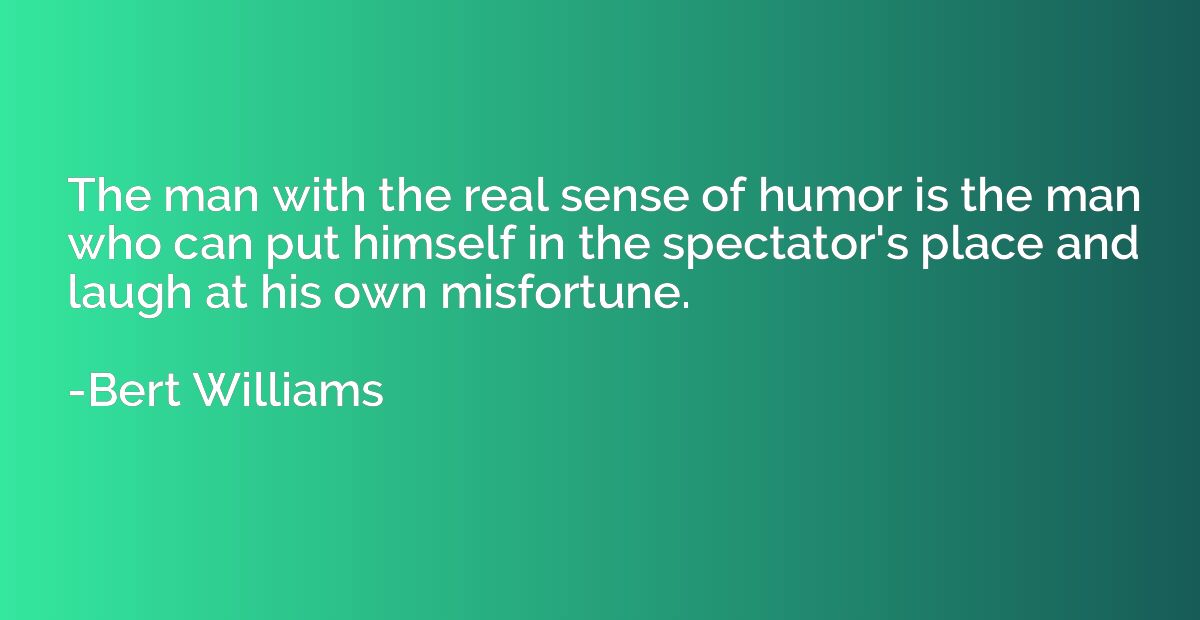Quote by Benjamin Disraeli
How very seldom do you encounter in the world a man of great abilities, acquirements, experience, who will unmask his mind, unbutton his brains, and pour forth in careless and picturesque phrase all the results of his studies and observation; his knowledge of men, books, and nature. On the contrary, if a man has by any chance an original idea, he hoards it as if it were old gold; and rather avoids the subject with which he is most conversant, from fear that you may appropriate his best thoughts.
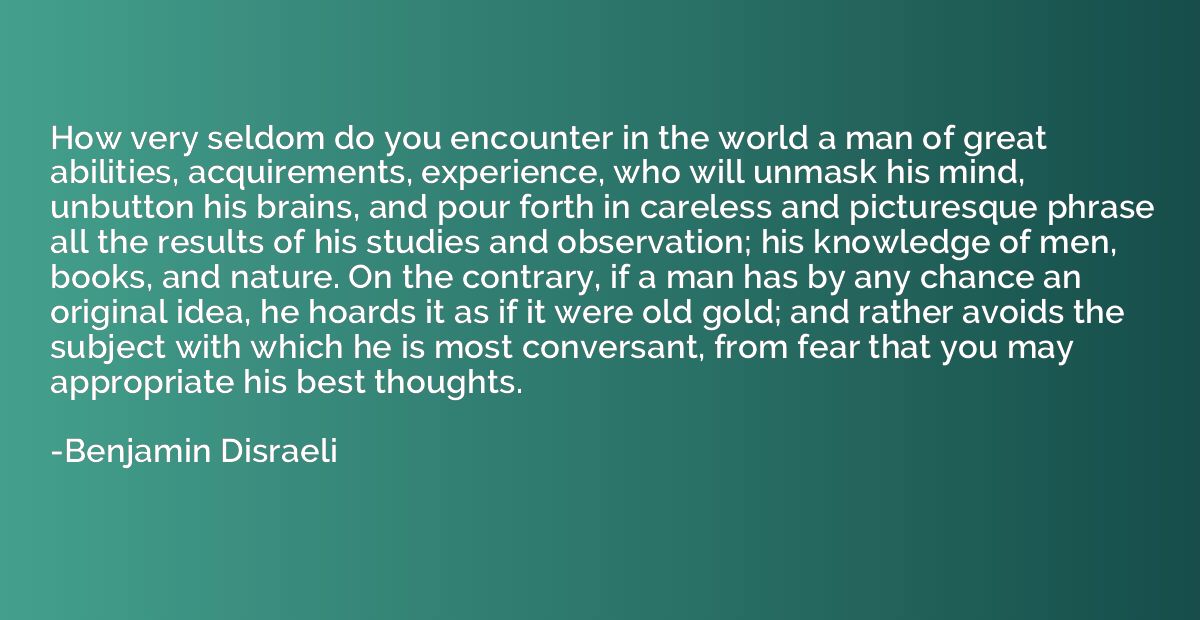
Summary
This quote highlights the rarity of finding individuals who willingly share the depth of their knowledge and experiences with others. It suggests that most people tend to guard their original ideas and insights rather than openly expressing them. The quote implies that this reluctance derives from the fear that someone else might steal or claim credit for their best thoughts. It also suggests that true brilliance lies in the ability to freely and effortlessly transmit one's accumulated wisdom and observations to others.



